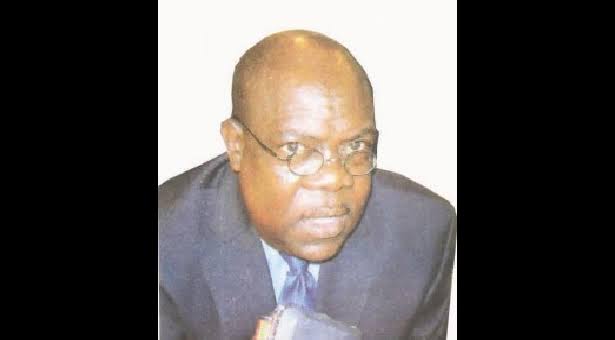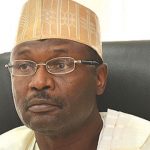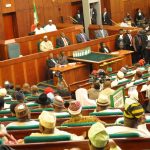
The Supreme Court, Friday, affirmed a restoration of the title of Senior Advocate of Nigeria (SAN) on an Ibadan-based lawyer, Kunle Kalejaiye, who was stripped of the rank by the Legal Practitioners and Disciplinary Committee (LPDC) in 2015 for engaging in professional misconduct.
LPDC stripped Kalejaiye of the SAN title following allegation that he exchanged text messages with an election tribunal judge, Thomas Naron, during the election litigation between former Governor Olagunsoye Oyinlola of Osun State and the State’s immediate past governor, Rauf Aregbesola.
Kalejaye, who was once a lawyer to the People’s Democratic Party (PDP) and then Governor of Osun State, Olagunsoye Oyinlola, faced an inquiry over the alleged conduct since 2008 when a series of text messages between him and the judge were said to be have become public knowledge.
In a unanimous judgment delivered Friday, a five-member panel of justices of the Supreme Court, headed by Justice Mohammed Dattijo upheld Kalejaye’s appeal for reasons that the trial procedure at the LDPC was defective.
The apex court, while reversing the decision of the LPDC, held that the constitution of the committee which handed down the sanction, breached Kalejaye’s right to fair hearing.
Justice Centus Nweze, who read the lead judgment of the apex court, held that failure of a member of the LPDC to participate in the trial but contribute in the final judgment of the panel, was a breach of the appellant’s right to fair hearing.
The senior lawyer had gone to the Supreme Court, to among other prayers, set aside the directive by the LPDC that he should be disbarred on ground of professional misconduct.
His request was contained in the appeal, in which he also urged the court to restore his name back to the list of legal practitioners in Nigeria.
The LPDC had found Kalejaiye guilty of professional misconduct and directed the Registrar of the Supreme Court to delete his name from the roll (list) of legal practitioners in the country.
In the notice of appeal filed by Kalejaye’s legal team, led by Dr. Alex Izinyon (SAN), the appellant raised eight grounds.
The appellant contended that the LPDC erred in law and facts, denied him fair hearing and that its verdict “is against the weight of evidence”.
Kalejaye, who the LPDC found to have engaged in an ex-parte confidential communication with the Chairman of the 2008 Osun governorship tribunal, Justice Thomas Naron, faulted the finding and argued that the LPDC erred in law for holding that he did communicate with the now retired Justice Naron.
“The appellant, from the onset, denied any communication with the said judge. There was no evidence before the committee on what was communicated between the appellant and the said judge. The purported call log did not show the content of the said communication.
“It was too simplistic for the committee to hold that any communication in this case between a lawyer and a judge without evidence of the content of such communication amounted to infamous misconduct,” he said.
Kalejaiye also argued that the complainant, the Nigerian Bar Association (NBA), “did not prove the elements in the three-count charge as alleged before the committee (LPDC).
“The committee placed heavy reliance on record of proceedings contained in the call logs which were computer-generated, but did not satisfy the requirement of the Evidence Act. No witness gave evidence on behalf of the complainant,” the appellant said as part of the particulars of error canvassed in the first ground of appeal,” he said.
The appellant further argued that the LPDC misdirected themselves in law and in fact when they held that though the defence of spoofing availed the appellant, the failure of the appellant’s expert to demonstrate using MTN to MTN network, instead of Glo to Airtel was fatal to the appellant’s defence of spoofing”.
He also faulted the verdict of the LPDC on the grounds that the LDPC erroneously held that the Certified True Copy of documents which contained call logs from computer-generated source does not need any compliance with section 84 of the Evidence Act once it has been certified.
In support of ground five of the appeal, Kalejaiye held that the committee misdirected themselves in law and fact when it held “that it was the duty of the appellant to call the MTN service provider as his witness instead of relying on the MTN letter alone.”
In support of ground six, he argued that the committee “erred in law when it allowed the complainant to reopen its case and call additional witness after it has closed its case when the conditions of such reopening as stated by the Supreme Court in WILOUGHBY V. IMB LTD (1987) 1 SCNJ 46 AT 70 -58 were not satisfied.”





